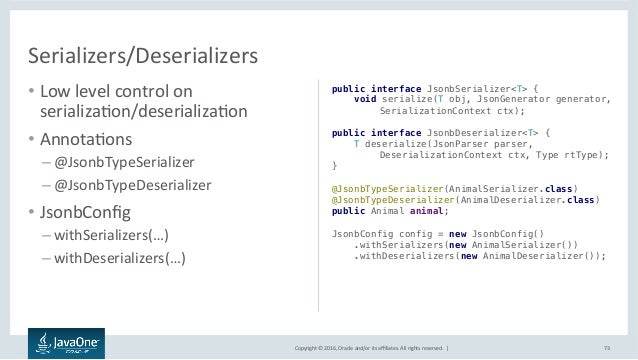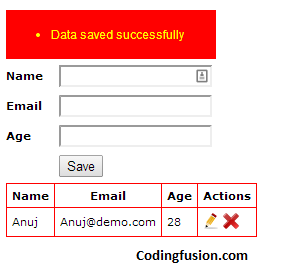
#Json helper software
IN NO EVENT SHALL THE AUTHORS OR COPYRIGHT HOLDERS BE LIABLE FOR ANY CLAIM, DAMAGES OR OTHER LIABILITY, WHETHER IN AN ACTION OF CONTRACT, TORT OR OTHERWISE, ARISING FROM, OUT OF OR IN CONNECTION WITH THE SOFTWARE OR THE USE OR OTHER DEALINGS IN THE SOFTWARE. THE SOFTWARE IS PROVIDED "AS IS", WITHOUT WARRANTY OF ANY KIND, EXPRESS OR IMPLIED, INCLUDING BUT NOT LIMITED TO THE WARRANTIES OF MERCHANTABILITY, FITNESS FOR A PARTICULAR PURPOSE AND NONINFRINGEMENT. The above copyright notice and this permission notice shall be included in all copies or substantial portions of the Software. Because of this, a JavaScript program can easily convert JSON data into JavaScript objects. To do this, you construct a JSON object that describes the elements that are displayed when a field is included in a list view, and the styles to be applied to those elements.

#Json helper code
Permission is hereby granted, free of charge, to any person obtaining a copy of this software and associated documentation files (the "Software"), to deal in the Software without restriction, including without limitation the rights to use, copy, modify, merge, publish, distribute, sublicense, and/or sell copies of the Software, and to permit persons to whom the Software is furnished to do so, subject to the following conditions: The JSON format is syntactically similar to the code for creating JavaScript objects. You can use column formatting to customize how fields in SharePoint lists and libraries are displayed.
#Json helper license
formatter ( DateJSONFormatter ) MIT License The best way to find and correct errors while simultaneously saving time is to use an online tool such as JSONLint. The values of this options are the same as the :json_encoder and :json_content_type settings, respectively.Const json_tools = require ( 'json-helpers' ) const busEvent = json_tools. The json helper will also take two options :encoder and :content_type. It is easy for machines to parse and generate. As usual, you can easily change that, with the :json_content_type setting: set :json_content_type, :js Overriding the Encoder and the Content-Type ¶ ↑ JSON (JavaScript Object Notation) is a lightweight data-interchange format. It will automatically set the content type to “application/json”. When you configure and deploy the workflow, it will run on Pipedreams servers 24x7. To force json to simply call to_json on the object: set :json_encoder, :to_jsonĪctually, it can call any method: set :json_encoder, :my_fancy_json_method Content-Type ¶ ↑ Create a workflow to Pretty Print JSON with the Helper Functions API. For instance, for the Whatever encoder: require 'whatever' set :json_encoder, Whatever This Parse JSON Online tool is very powerful.

Its a pretty simple and easy way to parse JSON data and share it with others. JSON, or JavaScript Object Notation, is a text-based. Online JSON Parser helps to parse, view, analyze JSON data in Tree View. The same goes for Yajl::Encoder: require 'yajl'įor other encoders, besides requiring them, you need to define the :json_encoder setting. Recently there has been an increased use of JSON format for data exchange. This is a very powerful capability because it allows applications to store objects (JSON data, arrays) directly into DynamoDB tables, and still.

Amazon DynamoDB allows you to store JSON objects into attributes and perform many operations on these objects, including filtering, updating, and deleting. To use JSON, simply require it: require 'json' Working with JSON data in Amazon DynamoDB. end Encoders ¶ ↑īy default it will try to call to_json on the object, but if it doesn’t respond to that message, it will use its own rather simple encoder. In a modular application you need to require the helper, and then tell the application you will use it: require "sinatra/base" require "sinatra/json" class MyApp 'bar' end # The rest of your modular application code goes here. In a classic application simply require the helper, and start using it: require "sinatra" require "sinatra/json" # define a route that uses the helper get '/' do json :foo => 'bar' end # The rest of your classic application code goes here.

Sinatra::JSON adds a helper method, called json, for (obviously) json generation.
#Json helper install
Run gem install sinatra-contrib to have it available. This extension is part of the Sinatra::Contrib


 0 kommentar(er)
0 kommentar(er)
